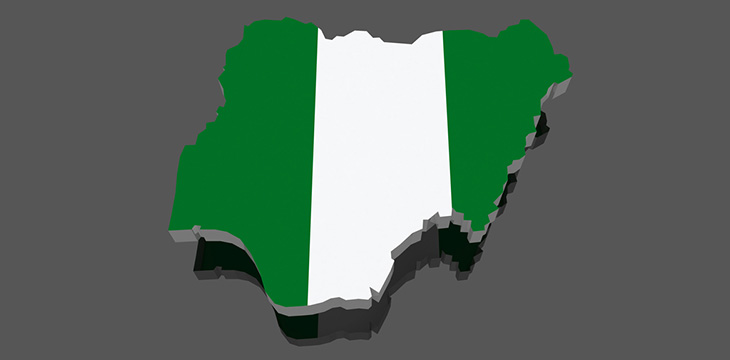
|
Getting your Trinity Audio player ready... |
Nigeria has officially kickstarted implementing its national blockchain policy, which aims to push for the integration of the technology in the private and public sectors.
Chimezie Chuta, who heads the National Blockchain Policy Steering Committee (NBPSC), revealed that the committee had met with the National Information Technology Development Agency (NITDA) to discuss the policy and how to implement it best.
The implementation work of the Nigeria Blockchain Technology Policy effectively begins today. I’m honored to serve as the Chairman of the Steering Committee.
Technology is the biggest enabler I know!
Dear blockchain community, we only have one country.
Let’s make it great again. pic.twitter.com/HzkD2hE3UA— Chimezie Chuta (@ChimezieChuta) July 17, 2024
The policy was unveiled in May 2023 by the outgoing administration of President Muhammad Buhari. Since then, Bola Tinubu has taken over, and his administration is keen on pushing the policy, with digitalizing the government being one of his key election pledges.
NITDA, under Kashifu Inuwa Abdullahi, has been spearheading the implementation on behalf of the Federal Ministry of Communications and Digital Economy. In early July, the agency announced that it had reconstituted the committee charged with the day-to-day adoption strategies.
The policy advocates for the Nigerian government to integrate blockchain into its processes to enhance transparency and accountability. Impunity has been a major challenge in Nigeria, with Transparency International ranking the country 145th globally out of 180. PricewaterhouseCoopers says corruption could cost up to 37% of the country’s economy by 2030.
Blockchain, being immutable and transparent, could drastically reduce corruption, which Nigeria’s anti-graft chief recently acknowledged.
As Nigeria embarks on its blockchain policy, a recent proposal to build its own blockchain network will gain more prominence. Dubbed Nigerium, the new network is geared toward data sovereignty and reducing reliance on global public networks. Its development timeline remains vague, with an official saying that even the name is a placeholder.
However, for now, the steering committee will focus its efforts on public blockchain networks, which have been integrated in various capacities in West African countries, such as certificate verification.
While it pushes blockchain adoption, Nigeria’s woes with digital assets continue. From restricting P2P to prosecuting some players, the government has cracked the whip on the industry this year. Some, like Coinbase (NASDAQ: COIN), have discontinued certain services, while others have selected to leave altogether, the latest being OKX, which announced its exit last week. Then there are others like KuCoin which are responding to regulatory changes with a hike in platform fees.
Watch: The future has already arrived in Nigeria
Recommended for you
Lorem ipsum odor amet, consectetuer adipiscing elit. Elit torquent maximus natoque viverra cursus maximus felis. Auctor commodo aliquet himenaeos fermentum
Lorem ipsum odor amet, consectetuer adipiscing elit. Accumsan mi at at semper libero pretium justo. Dictum parturient conubia turpis interdum

 11-21-2024
11-21-2024


